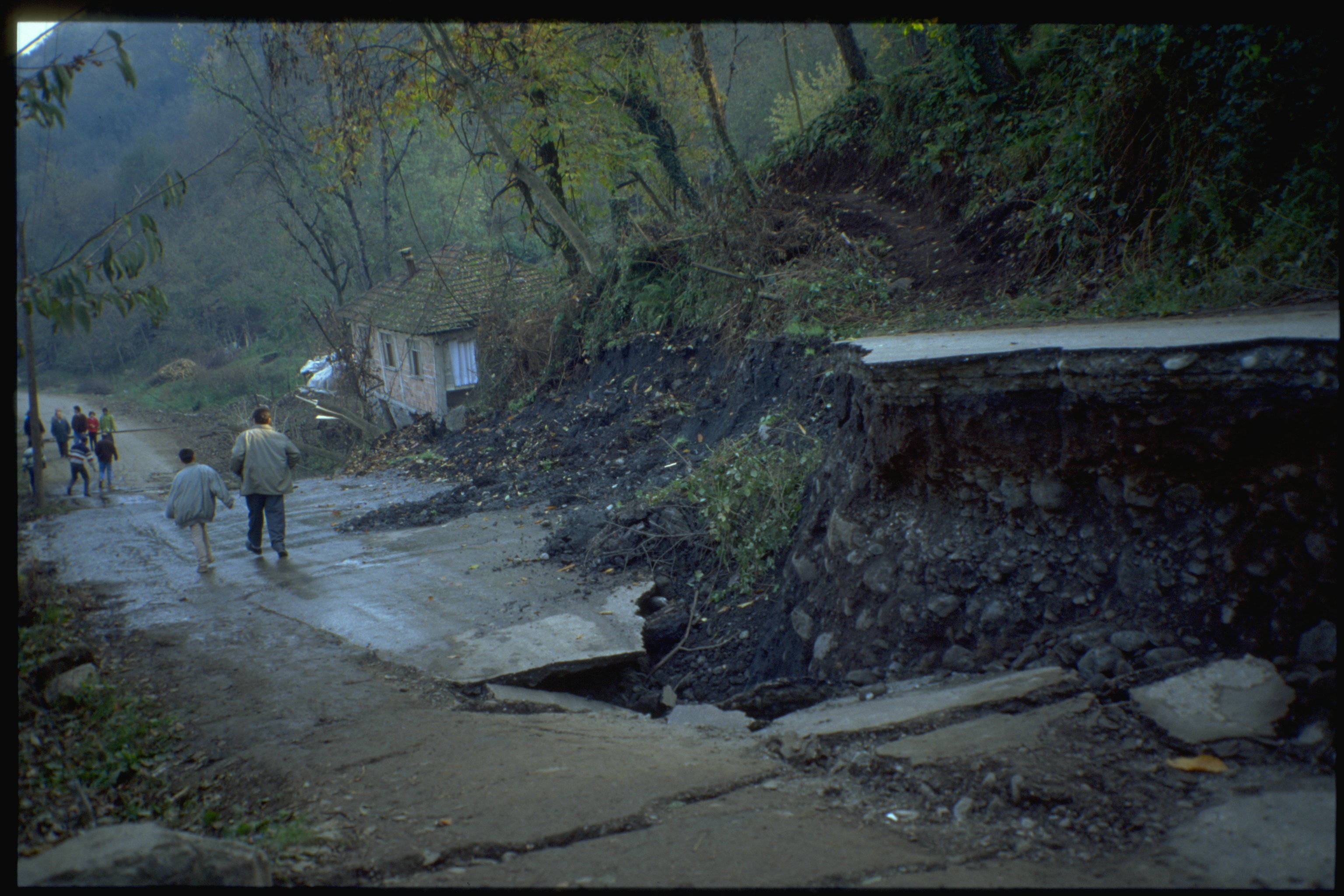All Categories
Featured
Table of Contents
Geophysical Surveying And Mapping Services (Geology ... in Wellard Australia 2021
This work is significantly contracted out, so consultancies provide another source of work. Consultancy companies vary in size, from very small companies to large multinationals. Some consultancies are quite specialised in using particular geophysical methods or working in specific locations, while others provide a more diverse series of services to their customers.
The extraction of gas from landfill websites is another area of employment and this may grow in the future. Expedition business may carry out work for building and construction companies, public utility, mining business and environmental firms, so geophysicists might be employed in any of these settings. Other employers consist of: geological surveysgovernment bodies and agenciesuniversities and research institutes.


Vacancies might be listed in the oil and gas sector press. Recruitment is impacted by oil rate fluctuations and the level of competitors for positions differs depending on this. Careers Days, which cover the full range of geoscience careers and are normally attended by a variety of crucial market companies, are run by The Geological Society.
Job Profiles : Geophysicist Physics in Sorrento Western Australia 2020
A few of the big oil and gas business offer a complete two-year structured training programme throughout the breadth of geophysics, consisting of the opportunity to experience work in various teams before specialising in one area. Your training might consist of deal with: existing wellsmagnetic and gravitational possible field information analysisresearchrock analysis. It's more typical for your initial training to be provided on the job.

There might be a probationary duration throughout which you work alongside a knowledgeable associate. Competency-based appraisals occur regularly in the majority of firms. In smaller companies, and for academic posts, there is not likely to be any formal training - you'll be expected to start work straightaway and get abilities as you go along.
If you work for a smaller company, you might discover that you need to take responsibility for arranging and moneying your own advancement and training. If you have a geology degree, subscription of The Geological Society can be helpful for networking and for keeping up to date with the market.
What Does A Geophysicist Do? in Forrestfield Aus 2021
You may also find it useful to sign up with the PESGB (The Petroleum Exploration Society of Great Britain, which has a geophysics unique interest group. After a probationary duration, and once you have actually acquired some experience, you could progress to senior geophysicist, then team leader and then into a senior function in management.
The ease of movement between roles depends upon the business structure. Study at Masters or Ph, D level in a subject associated to geophysics or geosciences might assist with your career advancement and development. The work market within the oil and gas industry is very dependent on rate and this might affect your opportunities for profession development.
Not all tasks are dependent on the oil and gas markets. For knowledgeable geophysicists, freelance consultancy offers an excellent route for profession advancement. You can likewise specialise in a specific location of geophysics. As a geophysicist, you're most likely to have a number of tasks throughout your working life. International movement is vital for handling peaks and troughs in various nations at various times.
Geophysical Prospecting in Parmelia Aus 2021
From geophysics, it's possible to concentrate on seismology (finishing further training to become a seismic interpreter) or to move into related locations such as engineering geology or hazard forecast.
Choosing what to study in college is a difficult option. Even if you know that your field of interest lies in science, what program of research study is best for you?
The very first action to attaining your goal of ending up being a geophysicist is making a degree. Even for entry-level positions in the field of geoscience, you'll need a bachelor's degree (a geophysicist college degree) from a recognized college or university. Some research positions need candidates to hold master's degrees or even Ph.
Geological And Geophysical (G&g) Surveys in Como Australia 2022
Doctoral degrees are especially essential if you plan to teach at a four-year organization. Geophysicists apply physics concepts and strategies to study the gravitational, magnetic, and electric fields of the earth. This advances scientists' knowledge of both the planet's interior core and its surface area. Geophysicists must be able to: examine rocks, photographs, and other pieces of information conduct research study both in the field and in labs create maps and charts of their findings compose reports To achieve all this, trainees need a specialized education for geophysicist careers.
As mentioned above, you'll need a bachelor's degree in geoscience or a related discipline, such as a physical science or a natural science, to land an entry-level task. However trainees can likewise prepare by learning topics like: Biology Chemistry Computer technology Engineering Mathematics Physics The above geophysicist majors offer a more generalized approach to a single clinical discipline, but most programs require students to take one or more geology course.
Table of Contents
Latest Posts
Geophysical Survey - Mining Fundamentals in Mahogany Creek Aus 2023
How To Become A Geophysicist in South Fremantle Oz 2022
Field Geophysicist - Parsons Careers – Engineered Systems in Ballajura Aus 2021
More
Latest Posts
Geophysical Survey - Mining Fundamentals in Mahogany Creek Aus 2023
How To Become A Geophysicist in South Fremantle Oz 2022
Field Geophysicist - Parsons Careers – Engineered Systems in Ballajura Aus 2021